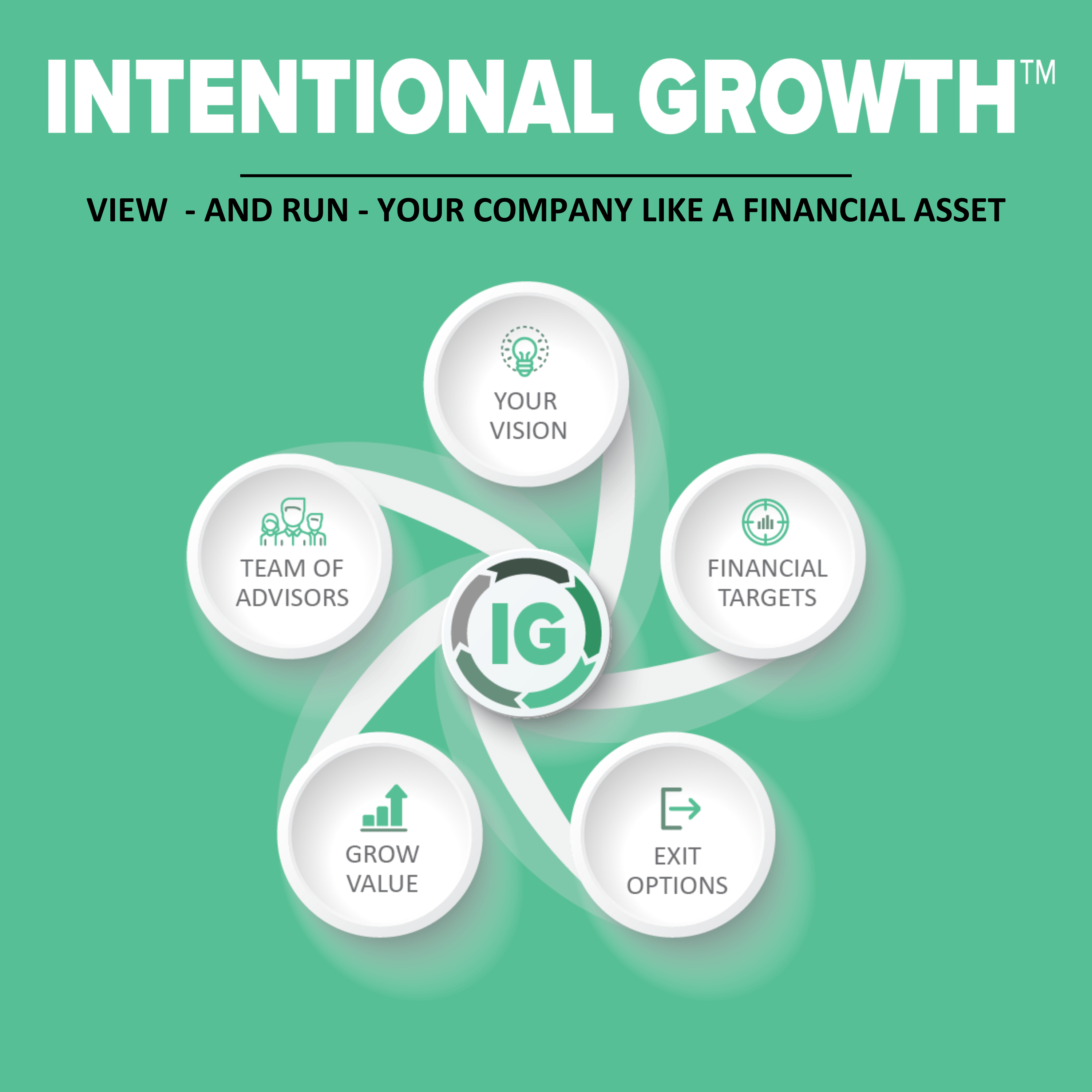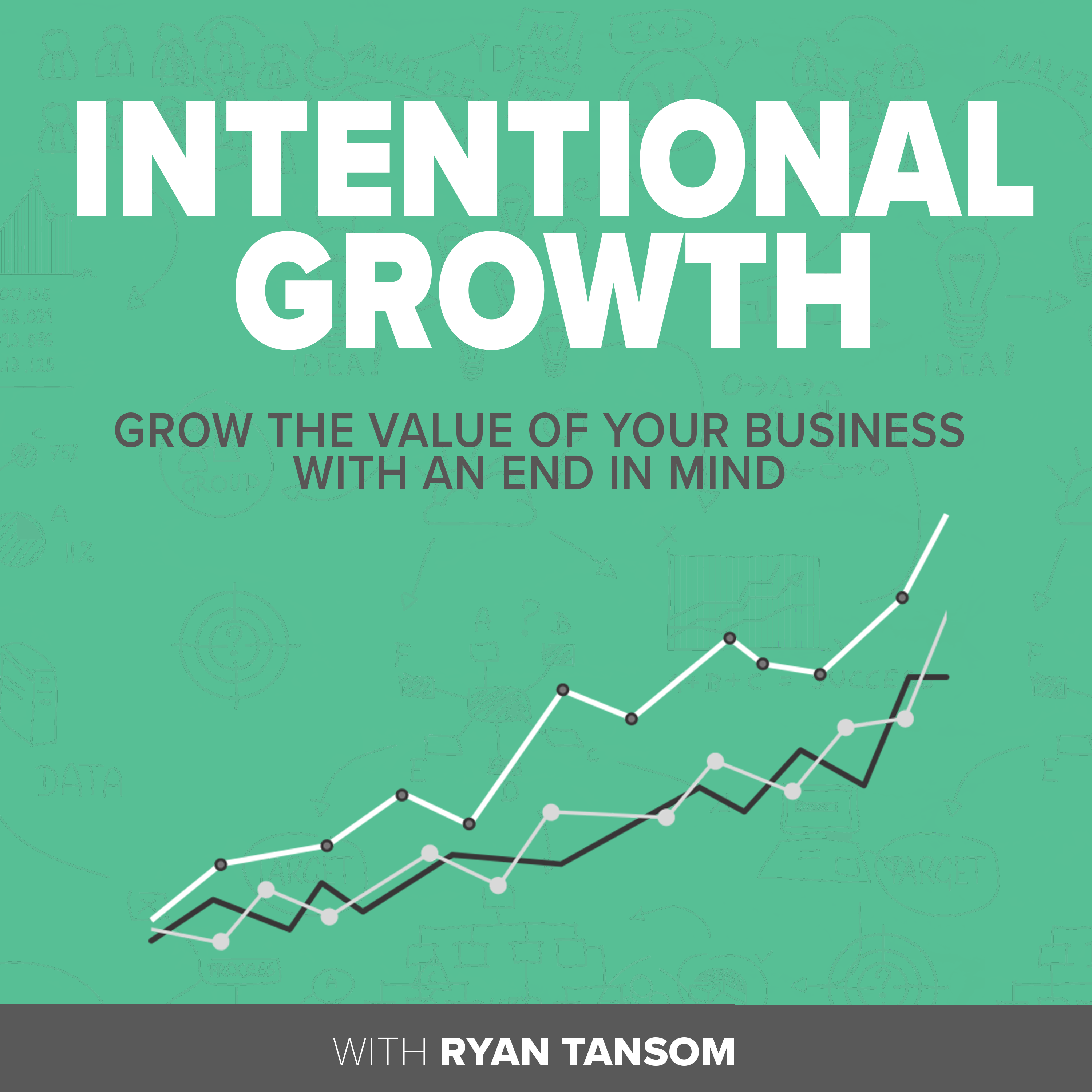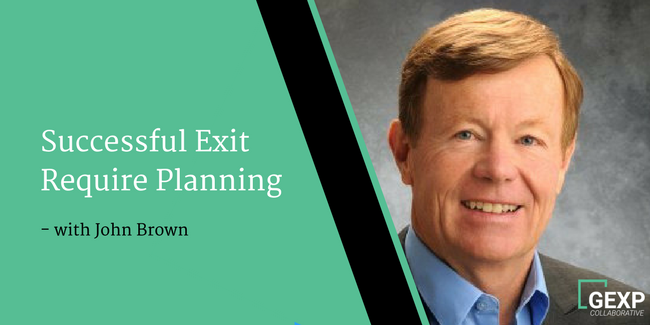Today on the Life After Business podcast, we’re going to be talking to Ken Sanginario. Ken is the founder of the Corporate Value Metrics and the creator of the Value Opportunity Profile and the Certified Value Growth Advisor. He’s got a lot of experience and he has developed a system that shows business-owners how to develop and implement a strategic plan. He’s going to give us some background on the work he’s done and some tips on how to fund your growth through your process. Sit back and relax; you won’t want to miss this episode!
Today’s podcast centers on the concept of value: value today, and value enduring. We have no greater asset than ourselves when we start a business, this is true. But we need to grow our businesses into stand-alone, fully functioning organizations that do not require our constant input and upkeep.
The issue is: how do we get from here to there?
Ken Sanginario has identified 8 key points that all business owners need to consider. These are as follows: planning, leadership, sales, marketing, people, operations, finance and legal—and these breakdown further into 47 subcategories. Ken developed his role as a turnaround consultant with these points in mind and has successfully saved business and business owners alike from bankruptcy time and time again.
These categories are not, of course, the alpha and omega of successful businesses—but they are pretty darn close. Ken has implemented his working business valuation model into a software program, as well, to aid struggling business owners on a wider plain.
Every company is underperforming to some degree, even ones which are strong and profitable. This makes a turnaround consultant a vital part of your advisory team. Where a consultant adds value is by providing measurable ideas. If you’ve had a consultant approach your business in the past with lots of big ideas, but zero ways to measure these ideas, then you have not experienced a real consultant. True advisors are able to provide points (or, in this case, categories) to you which you can measure and evaluate over time so there are real progress points to show your increased business value.
Your best and truest valuation—the value of future cash flows—depends on sustainability, transferability and predictability.
If your company isn’t sustainable, it isn’t valuable—period. You can’t sell it, and you can’t upkeep it. No one wants a company that will not last past their initial investment! And at what point do you, the owner, stop funneling funds into something that won’t give you a positive return on investment in the long run?
When you think about transferability of value, think about a crane reaching into a company, lifting out the current owner, plopping them out in the parking lot and dropping in an independent operator who doesn’t know the business very well and putting them in the owner’s chair. If all of the expertise is now out in the parking lot, there is not a lot of value to that company.
Predictability is a little trickier since markets can change rapidly. However, this is still an excellent unit of measurement because it follows logically from sustainability: if your business is currently making you money and running well, and you have the accounts and cash flow that suggests it should continue to do so for the foreseeable future, you can be fairly certain this business will continue to be a going concern.
Based on what Ken has found to be the key factors in what the true value of a company is, compiled a list of about 400 questions. Each of these questions asks for a 0-10 response where zero is not at all and 10 is perfect. Ken prefers to ask the management team that is directly involved in the company’s day-to-day operations to answer as a group since no single person will know every detail about every part of the business. As clients go through these questions with him, he gets a comprehensive look at what the company’s value truly is, where this value comes from and where companies can still improve in order to increase future cash flows.
How many questions have you asked yourself about the value of your business? Where do you rate yourself on the questions you have asked yourself?
Once a valuation is complete and there is a proper turnaround plan that tackles your weak areas and those areas that can stand some improvement, it’s time to implement it. People invest money where they’re comfortable; we all do what we know! However, your plan might require you to branch out in a whole new direction. If so, consider hiring out the manpower needed to implement the change until someone is fully trained to handle it from within. Keep as much of this knowledge in your business as possible so that when it comes time to sell, you are able to transfer this new wealth as well.
As every business has a unique marketable aspect to it, so too should each plan be unique in its approach and specific in its delivery. While this might take some time, you should have things you can measure your success with as you go. Sales or receivables, success scores, feedback… whatever your company thrives off of.
If I went into a company that was in crisis, I would first get the cash flow quickly under control and make sure that the supply chain wasn’t going to be interrupted, make sure that the customer and the sales pipeline was not going to be interrupted. I would follow that initial triage work. But as soon as practicable, I would dig in and do the assessment. The assessment only takes about a day to go through.
The questions asked during the assessment really get the ball rolling. Let’s use Ken’s example and talk about strategic planning. The question is: On a scale of 0 to 10, does your company have a fully developed, written strategic business plan? You say, “7” and the follow-up becomes, “Can we see the plan?” And often the real answer—and therefore the real score—comes out that the plan isn’t actually written. Sometimes it’s more of an idea, a smattering of projections, maybe some sales goals. We all do it; we all self-report higher than we really are when we take out our bias.
However, after the first few questions, the learning curve settles down. You’ll start seeing your ranking in a much more neutral way. This is where the real changes start to be made. Once you’ve stopped trying to put a good face on every aspect of your business—remember, this isn’t a sales pitch—you can really dive in there and make realistic and actionable plans for improvement.
Now you’ve got a semblance of an idea of how to start fixing your company. It really does come down to being specific and honest, particularly about sustainability, transferability and predictability
Ken Sanginario is the Founder of Corporate Value Metrics, creator of the Value Opportunity Profile® (͞”VOP”), and developer of the prestigious new Certified Value Growth Advisortm(“CVGA”) training and certification program.
Ken has more than 30 years of experience providing executive leadership and strategic advisory services to private middle market companies, developing and executing business improvement initiatives, turning around distressed operations, managing M&A transactions, valuing companies, and securing equity and debt growth capital.He is an instructor in the training and certification programs of the Alliance of M&A Advisors, Pinnacle Equity Solutions, and the Exit Planning Institute, teaching about business value growth in each program.
He also serves on the advisory board of the MidMarket Alliance as its educational leader, and serves on the Boards of Directors of several privately held companies Ken is a frequent speaker at national and regional conferences and private business owner functions, and has authored numerous articles on business value growth, corporate valuations, mergers & acquisitions, and turnaround management. Ken is also the Board President of Solutions at Work, a charitable organization focused on breaking the cycle of recurring poverty and homelessness.

This week’s guest was a lively, truthful, and colorful entrepreneur, Steve Prefontaine. Steve partnered with his dad 25 years ago and bought Skaff Cryogenics,...

Ep. #1 [THEME FOUR] Many owners (me included back when I was running the family business) often lumped anyone who works on numbers together...

John Brown, owner of Business Enterprise Institute (BEI), fell into the world of exit planning before there was even a term for the process....